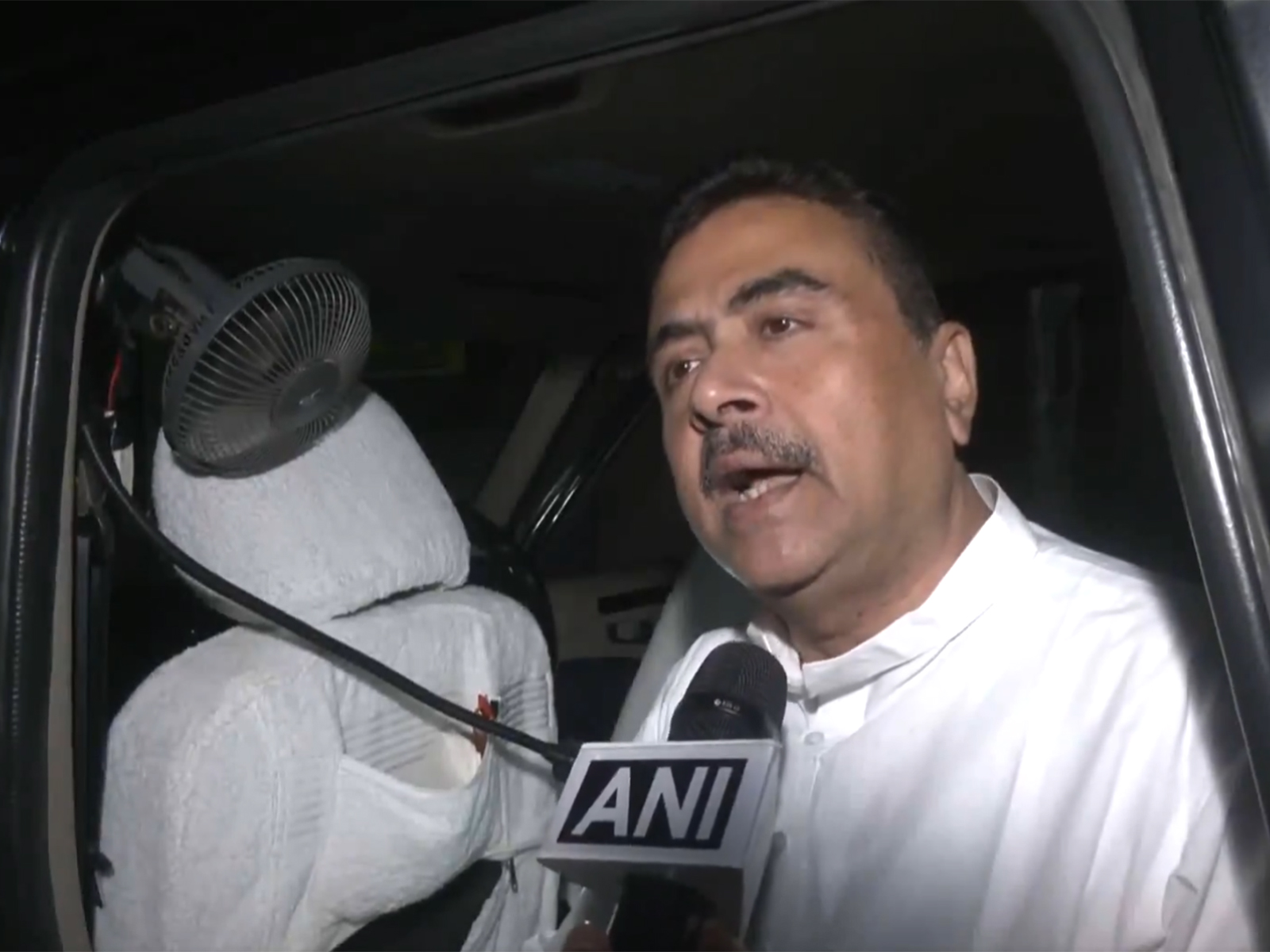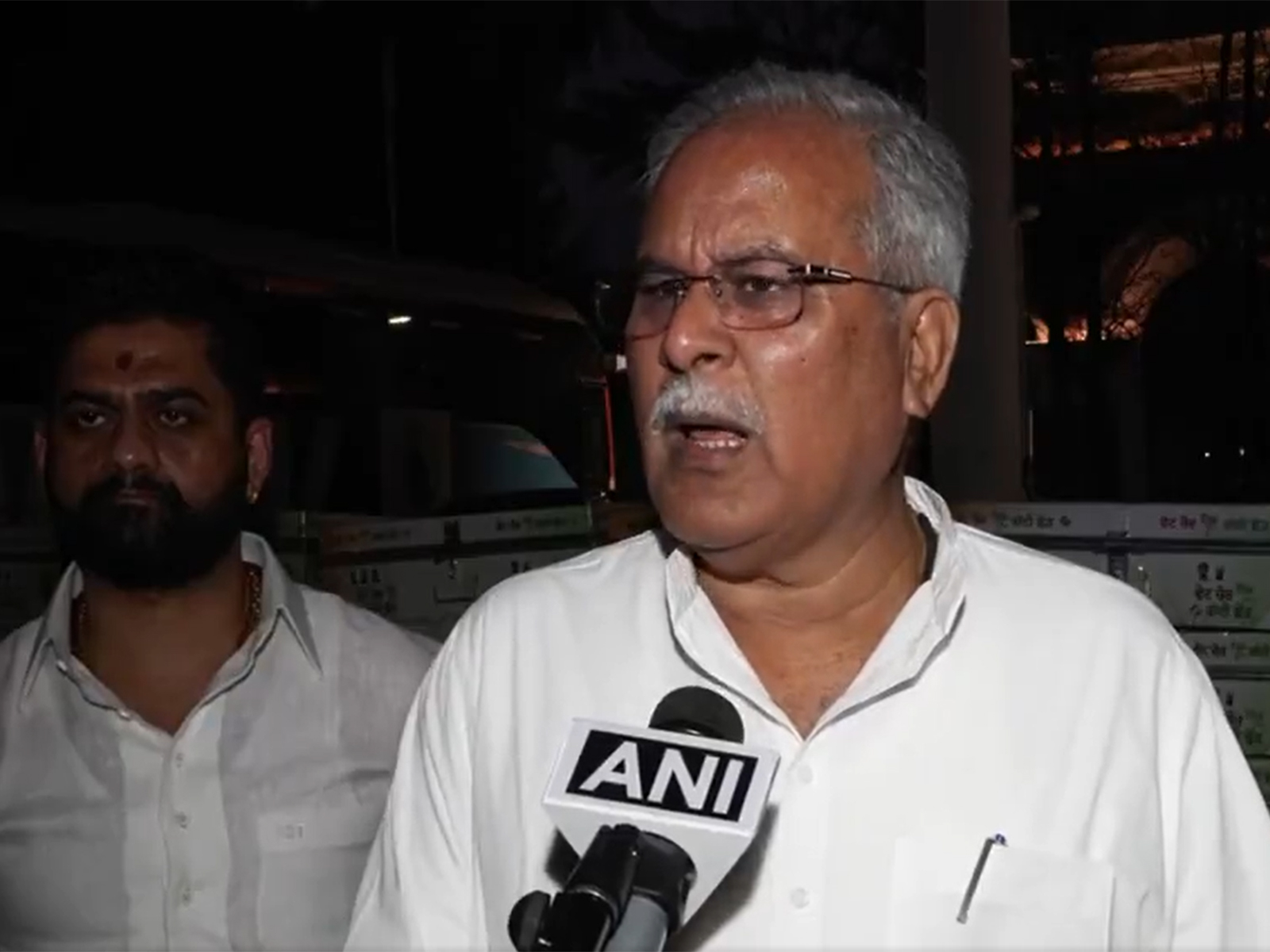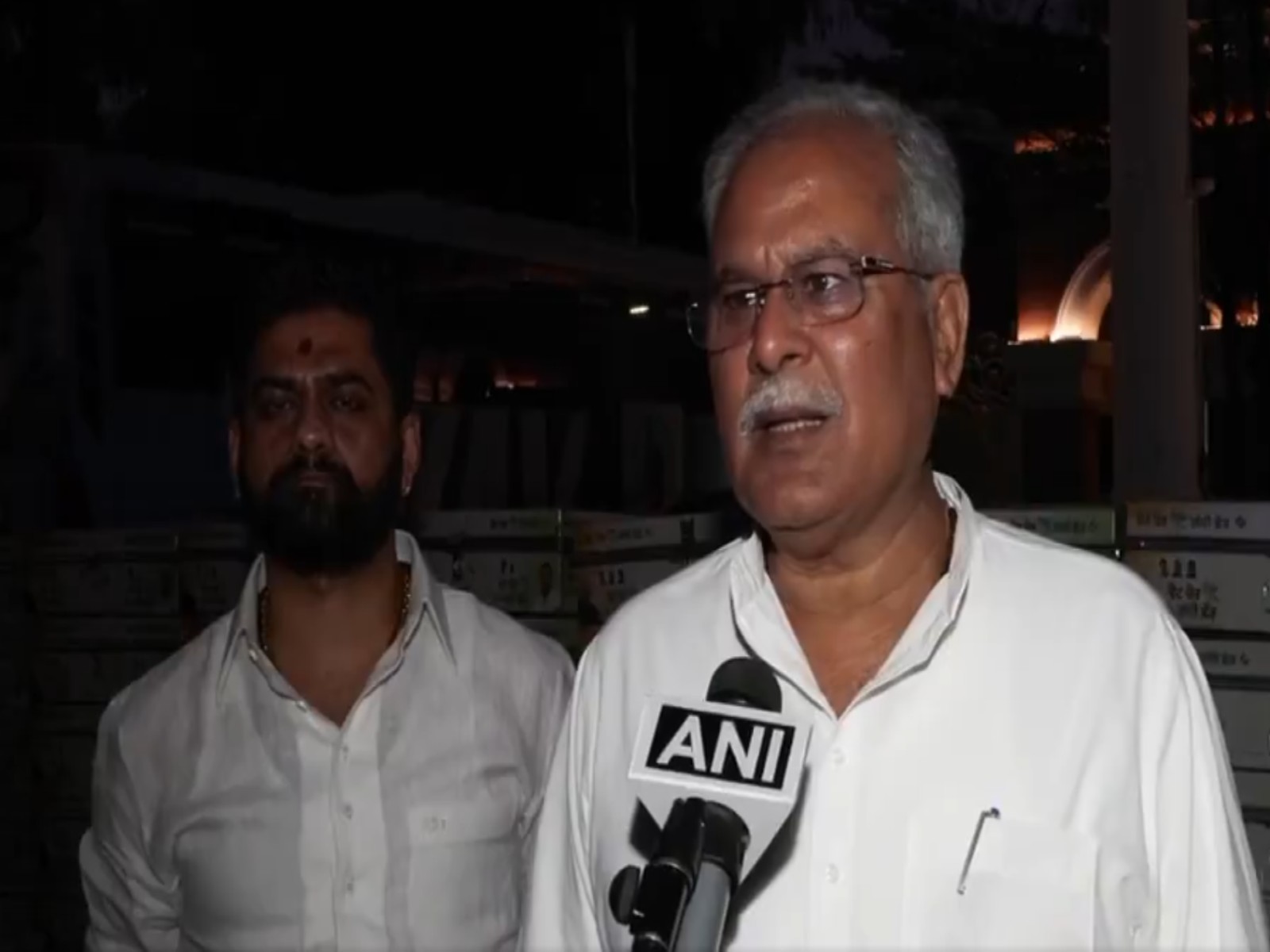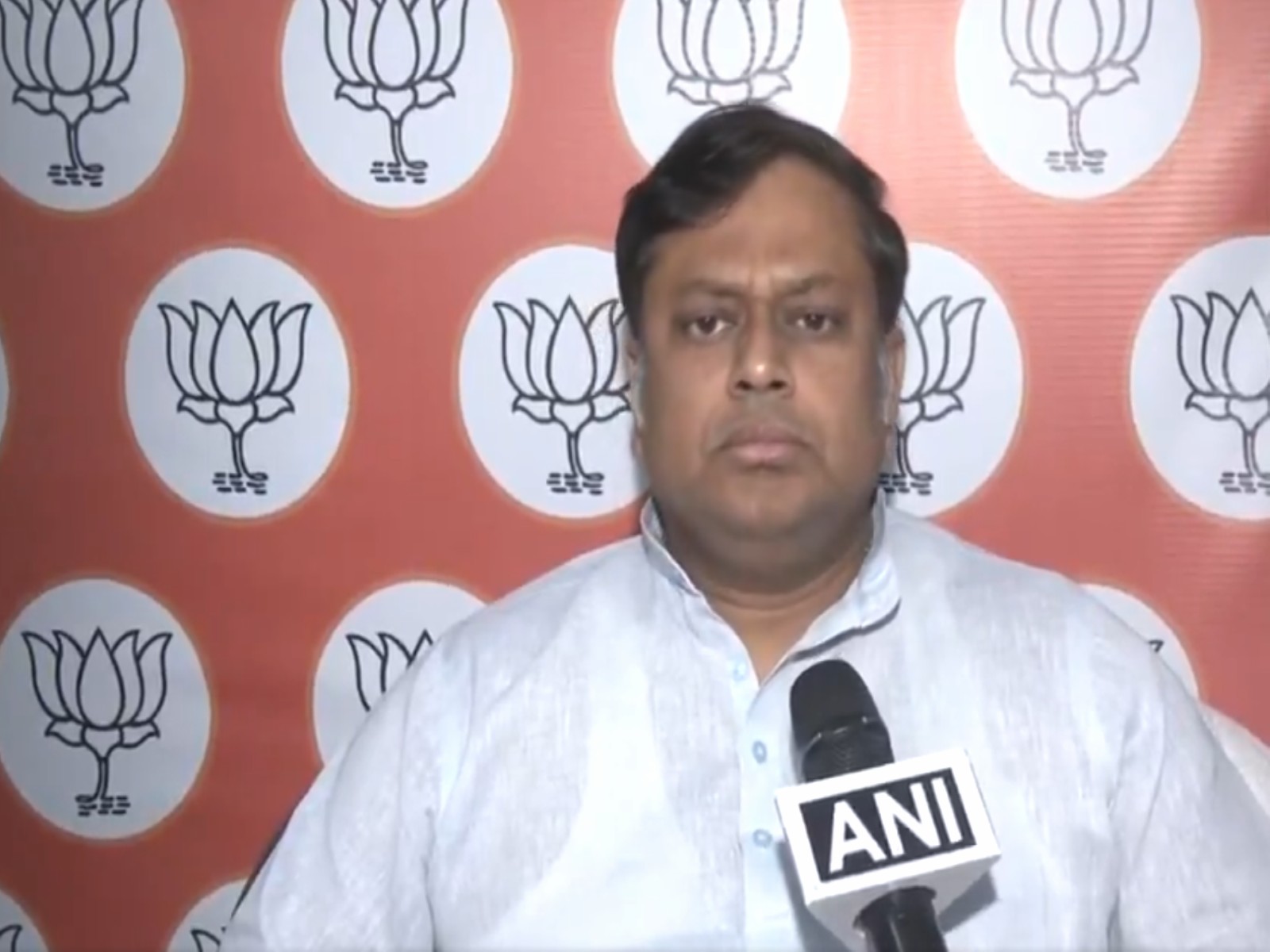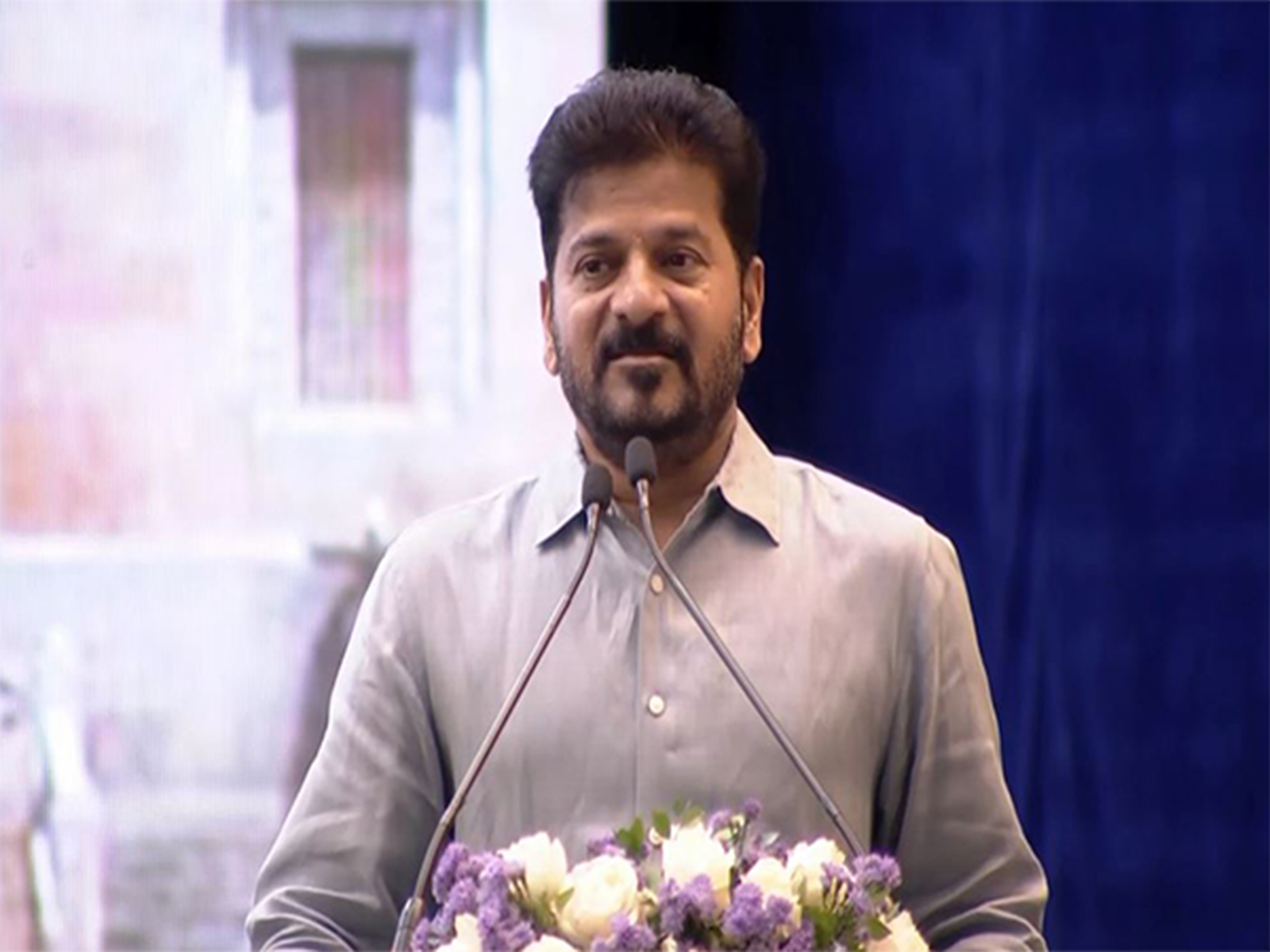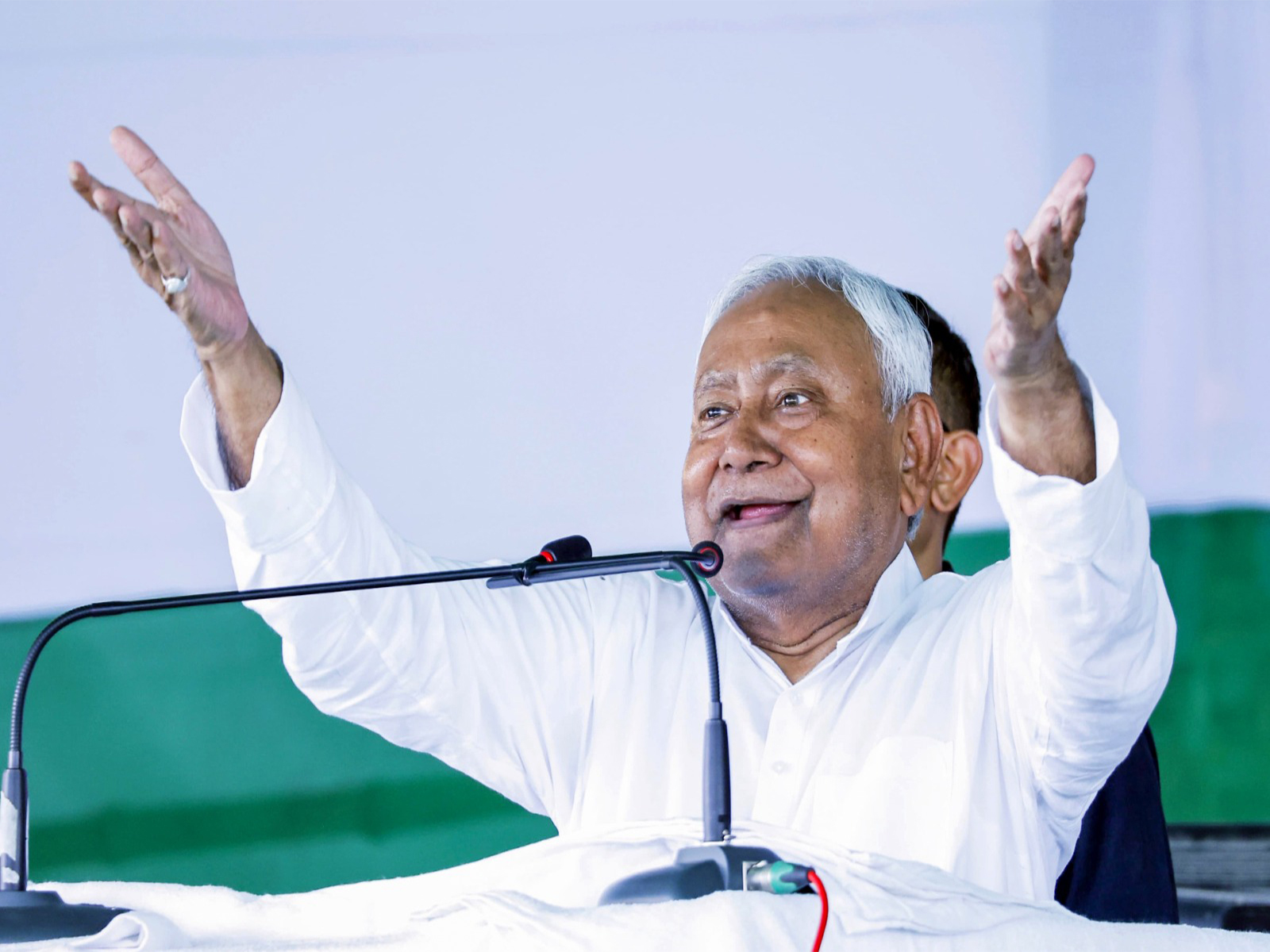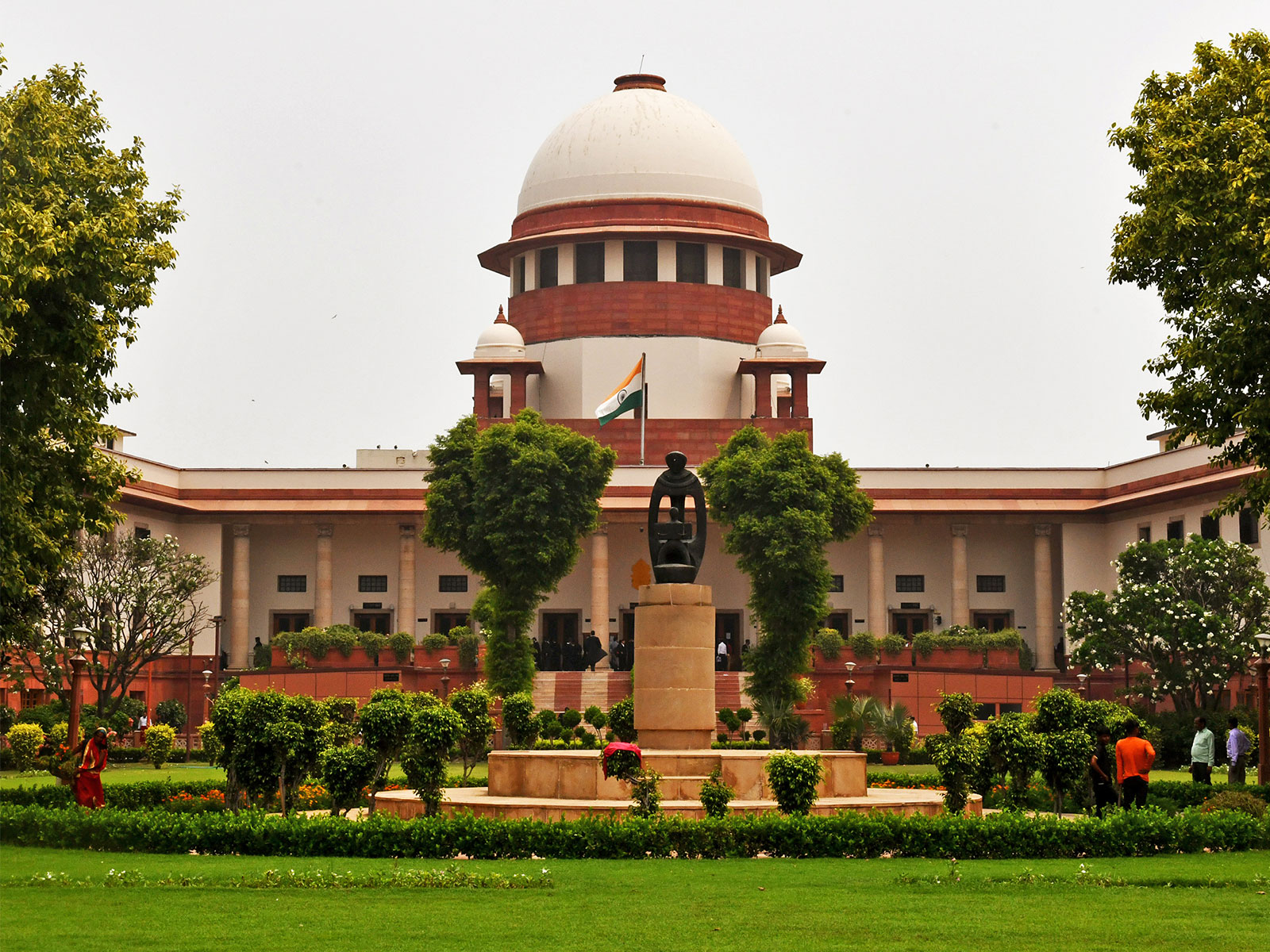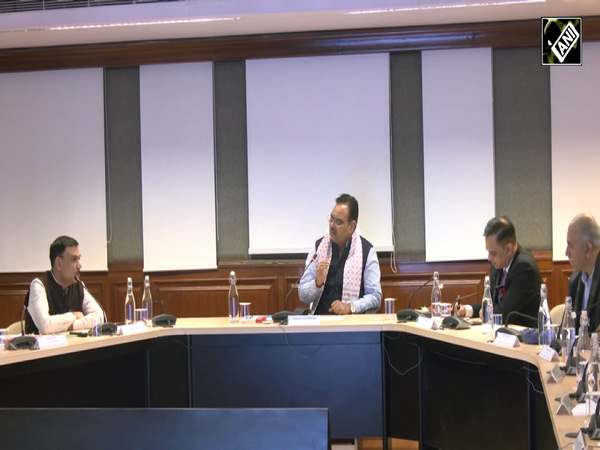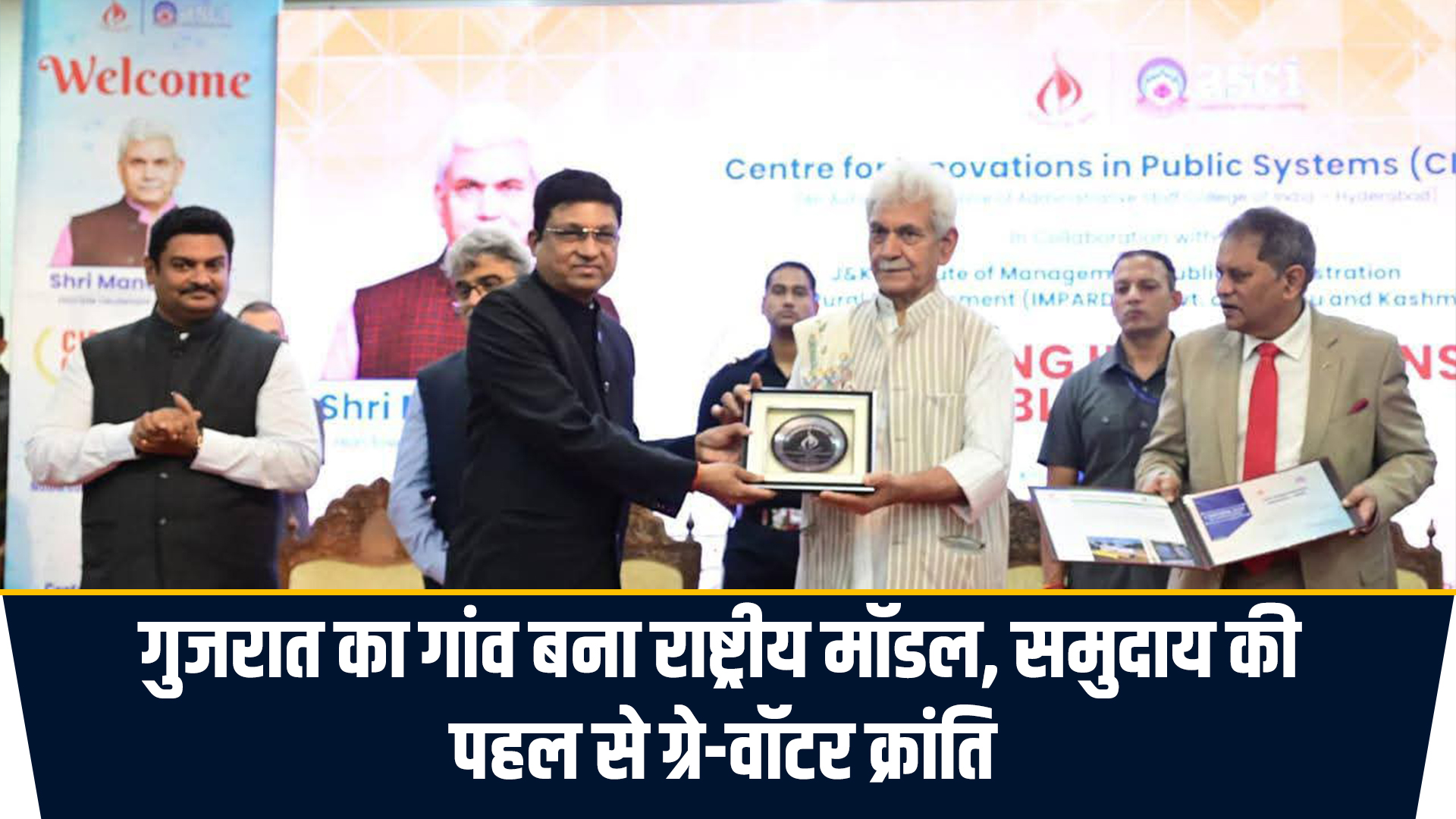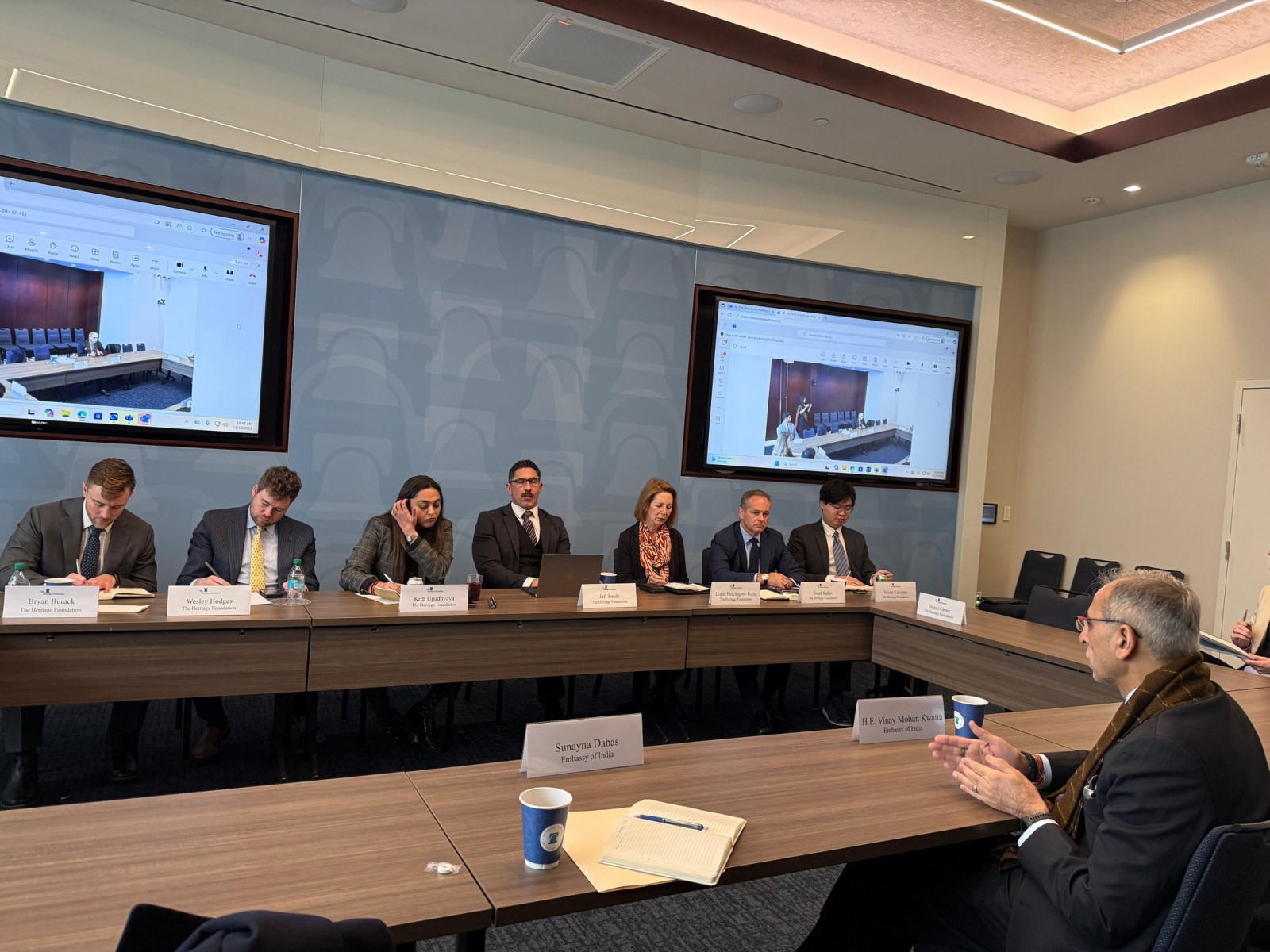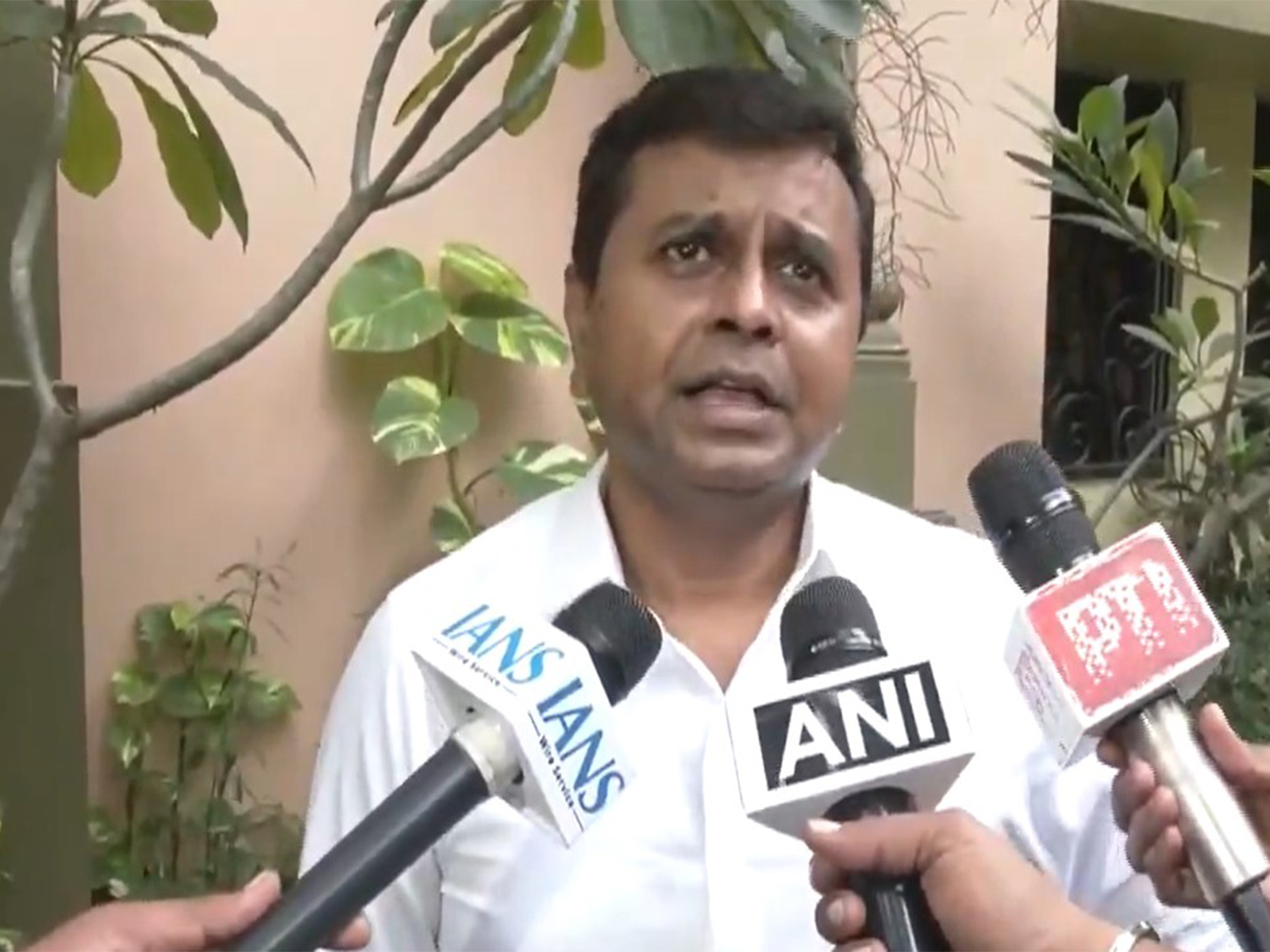
What other job does Governor have other than giving assent to the bills?: DMK leader Saravanan Annadurai
Nov 20, 2025
Chennai (Tamil Nadu) [India], November 20 : DMK leader Saravanan Annadurai on Thursday sparked controversy by questioning the role of Governors in India, suggesting their primary function is to give assent to bills passed by state legislatures.
Saravanan Annadurai said, "If the governors act in good faith, if the governors are going to expeditiously dispose of the bills that have been presented to them by the state assemblies. Then, where is the question of deemed assent coming, and the only question that has to be asked is this - what other job does the Governor have other than giving assent to the bills?"
He argued that Governors live in luxurious mansions, implying their sole purpose is to fulfil this constitutional duty after the Supreme Court on Thursday ruled that courts cannot set deadlines for Governors or the President to give assent to bills passed by state legislatures. However, it also emphasised that constitutional authorities can't indefinitely withhold assent, as this would undermine federalism and the democratic process.
"They live in luxurious mansions, which have been given to them only so that they give assent to the bills and act as per the Constitution. If you ask me, this is a setback when the BJP is in governance, then yes, it is a setback. If governors act constitutionally, then it is not a setback," he said.
Annadurai questioned the necessity of Governors, suggesting the Chief Justice of the state could handle their responsibilities.
"In the present constitution of things, we don't require governors. The chief justice of the state can do all the work a governor does. He has no other role to play other then a ceremonial... That is why we call him a rubber stamp," he said.
A five-judge Constitution bench today pronounced its opinion advisory on whether it can "impose" timelines on the President and State Governors for acting on Bills passed by State Legislatures.
The Supreme Court has held that courts cannot impose timelines on the President and Governors to grant assent to bills passed by the state legislature.
At the same time, the bench led by Chief Justice of India BR Gavai clarified that governors cannot indefinitely withhold assent to bills.
The bench said that the governors must engage in dialogue with state legislatures to resolve concerns.
SC issued its opinion while answering 13 questions referred to it by the President Draupadi Murmu under Article 143 of the Constitution, pertinently, whether timelines can be fixed for the Governor and the President to grant assent to State Bills.
The Presidential reference was made after a two-judge bench delivered judgment in the Tamil Nadu Governor case, which laid down timelines for the President and the Governor to act on Bills.
